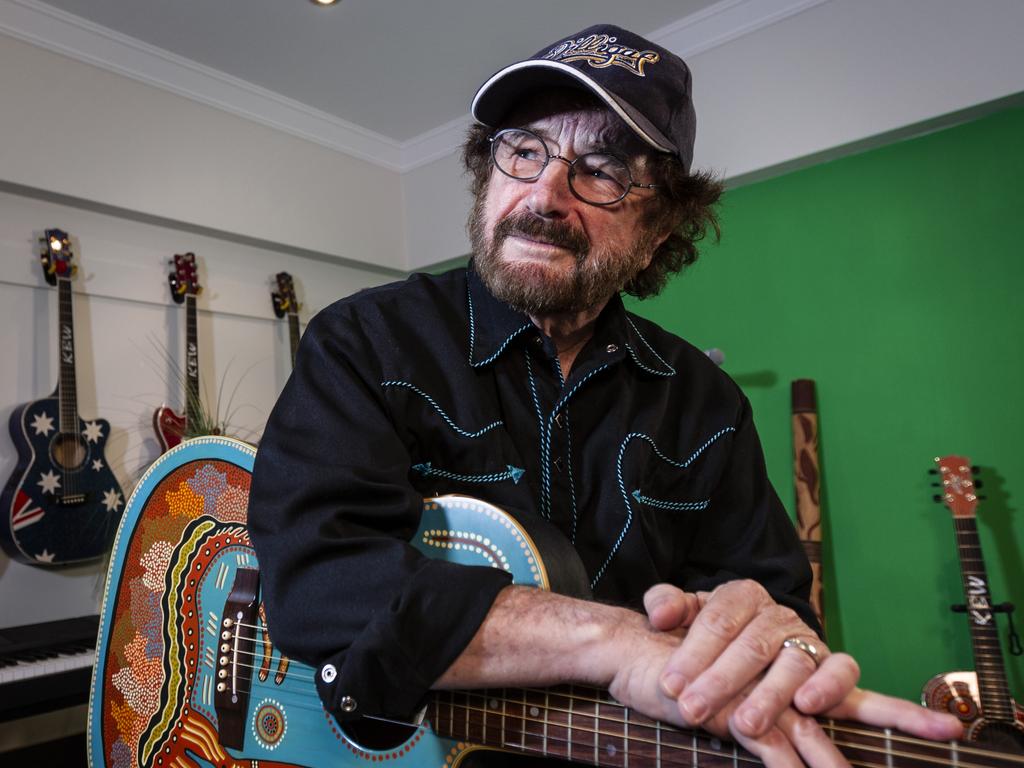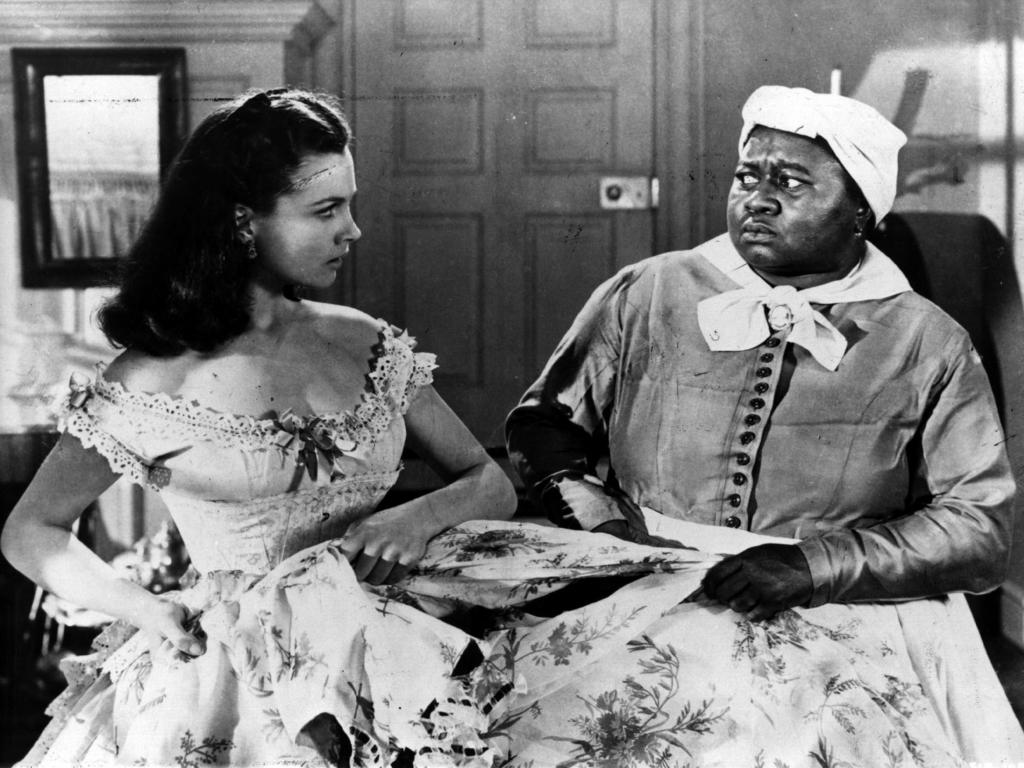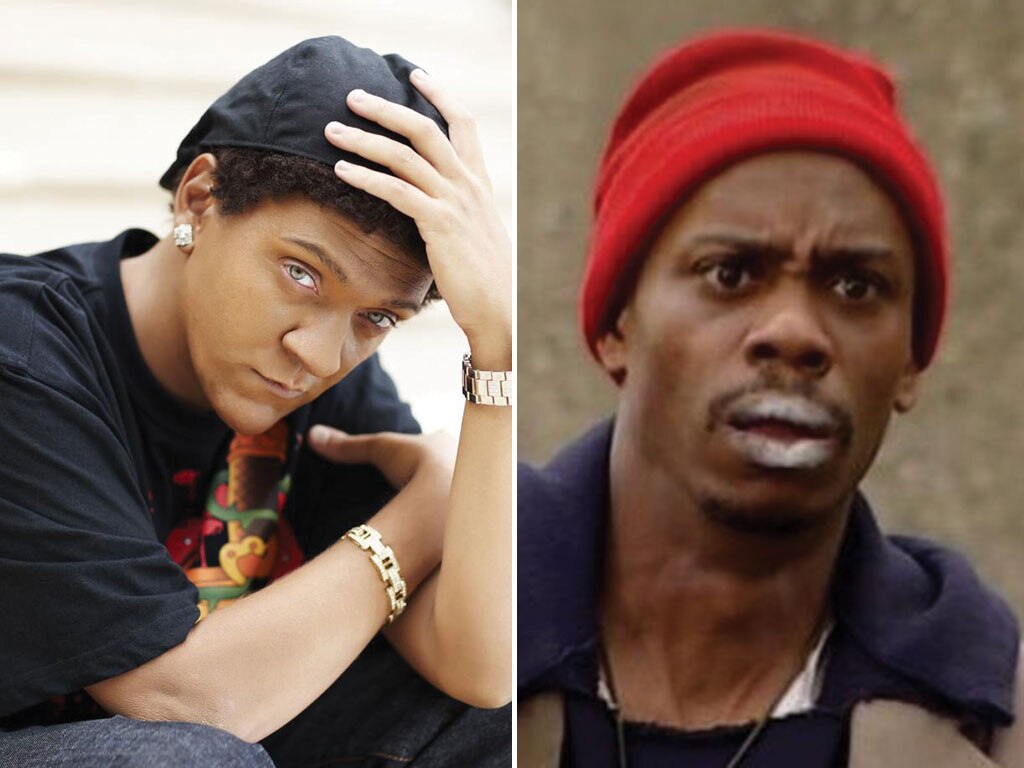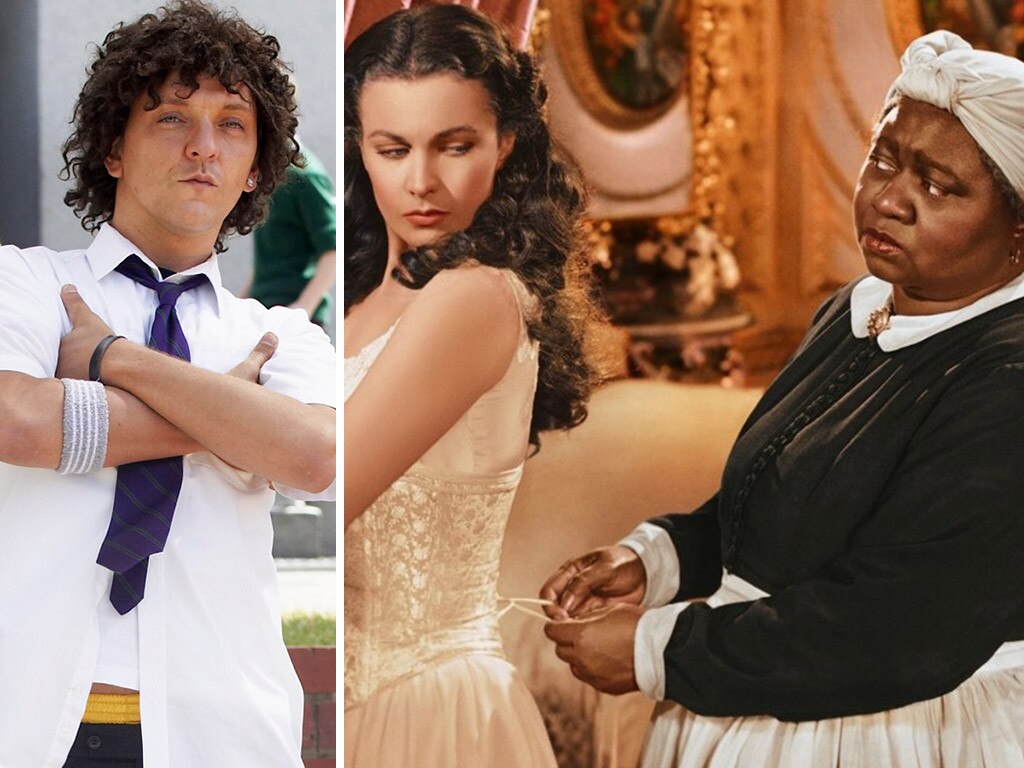Cancel culture means risky comedy is dead: ‘fact’, says Ricky Gervais
The Office and boorish boss David Brent would struggle to be made today thanks to ‘outrage mobs’, says Ricky Gervais.

He may have been made redundant by Wernham Hogg but at least David Brent was never cancelled.
Nearly two decades after The Office and Brent first appeared on television, Ricky Gervais has said that the program he created would struggle to get made today because online “outrage mobs” have made broadcasters too afraid to take risks.
His mockumentary series about life at a paper company in Slough is now considered to be one of Britain’s greatest comedies, winning a host of Baftas and Golden Globes. Gervais’s character, the boorish and needy Brent, set an almost unbeatable standard for bad managers, insulting minorities from “Orientals” to “midgets” as he clumsily tried to navigate PC culture.
The comedian, 59, has always argued that audiences were laughing at Brent, not with him, but now fears that this nuance would be lost on some modern viewers who fail to understand any sense of irony.
In an interview with Times Radio to mark the 19th anniversary of The Office, Gervais said that the comedy would fall victim to cancel culture if it were commissioned today. “Now it would suffer because people would take things literally. There are these outrage mobs who take things out of context,” he said. “This was a show about everything — it was about difference, it was about sex, race, all the things that people fear to even be discussed or talked about now, in case they say the wrong thing and they are cancelled.”
The Office ran for two series on the BBC, in 2001 and 2002, before bowing out with Christmas specials in 2003.

Gervais revived the character of Brent in 2016 for Life on the Road, a feature film. He doubts any BBC executives would take a punt on the show now.
Speaking to Stig Abell and Aasmah Mir on Times Radio Breakfast, he said: “The BBC have got more and more careful, people want to keep their jobs, so would worry about some of the subjects and jokes, even though they were clearly ironic and we were laughing at this buffoon being uncomfortable around difference. I think if this was put out now, some people have lost their sense of irony and context.”
Gervais went to make Extras with Stephen Merchant, the co-creator of The Office, before moving to the US to star in films such as Night at the Museum while skewering Hollywood pomposity as host of the Golden Globes awards. He now has a big-money deal to make stand-up shows and After Life, a sitcom about grief, for Netflix.
Needlessly cruel: critics
There have long been complaints that his humour can be needlessly cruel, however. Last year Ash Atalla, who produced The Office and to whom Gervais once referred at an awards ceremony as “my little wheelchair friend”, said that he thought the comedian was obsessed with disabled people.
Gervais also wrote and starred in Derek, a comedy-drama about a man with learning difficulties. In 2011 charities asked him to stop using the word “mong”, an offensive term for people with Down’s syndrome.
The comedian, who is an animal welfare activist, lives with his partner, Jane Fallon, an author, in Hampstead, north London. He said he would not mind too much if Netflix “cancelled” him for some future scandal because he had already earned a fortune from his work. “I’m cancel-proof in the sense that I’ve got enough money,” he said. He is estimated to be worth more than $181 million.
Comedians’ right to cause offence
Gervais has strongly defended the right of comedians to cause offence and says he can justify every joke he has told. “I genuinely think I don’t do anything that deserves to be cancelled,” he said. “Some people now don’t care about the argument or the issue, they just want to own someone, they want to win the argument. There’s no nuance or discussion any more, it’s just fallen into two tribes of people screaming.”
He used to take complaints about his comedy seriously and tried to assess them on their merits. Now he assumes they are made in bad faith, by censorious Twitter users.
This week 150 leading authors and thinkers signed a letter condemning “cancel culture” for stifling freedom of expression, after JK Rowling was denounced for raising concerns about transgender issues. Classic comedies including Fawlty Towers, League of Gentlemen and The Mighty Boosh have also been taken down from streaming services because of concerns about blackface and racist content. The offending episode of Fawlty Towers has since been restored to UKTV, which is owned by the BBC.
The Times







To join the conversation, please log in. Don't have an account? Register
Join the conversation, you are commenting as Logout